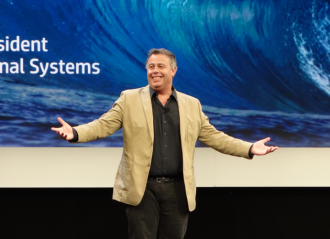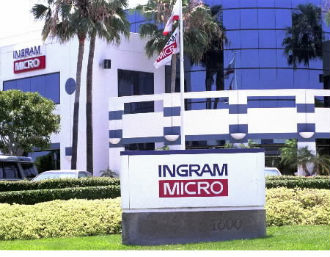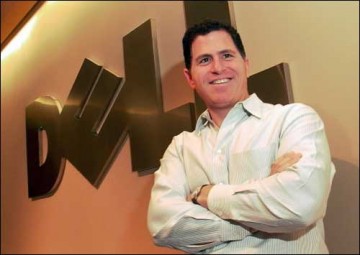 The maker of expensive printer ink, HP’s Chief Executive Dion Weisler, said that Windows 10 was not helping push PC sales.He said that Windows 10 hasn’t delivered and there is not enough demand for Microsoft’s new OS to help HP survive in a declining PC market.HP delivered the first earnings report since its split. HP reported a 12 percent drop in revenue to $13.9 billion, and a 16 percent drop in continuing operations to $700 million. Virtually every meaningful segment of the business reported declines, including revenue and earnings in both its printer and PC businesses.
The maker of expensive printer ink, HP’s Chief Executive Dion Weisler, said that Windows 10 was not helping push PC sales.He said that Windows 10 hasn’t delivered and there is not enough demand for Microsoft’s new OS to help HP survive in a declining PC market.HP delivered the first earnings report since its split. HP reported a 12 percent drop in revenue to $13.9 billion, and a 16 percent drop in continuing operations to $700 million. Virtually every meaningful segment of the business reported declines, including revenue and earnings in both its printer and PC businesses.
He blamed Microsoft which he said that made a tremendous operating system platform, and universal apps and Continuum computing but failed to stimulate demand.
“We’re carefully monitoring any sort of price development that could further weaken demand,” Weisler said.
HP sold 14.2 million PCs during 2015, but still saw its market share drop by 10 percent—and it ranked second in worldwide PC sales behind Lenovo, according to IDC. If HP can’t rely on Microsoft to provide the killer app, it might be its own PC future is limited.



















